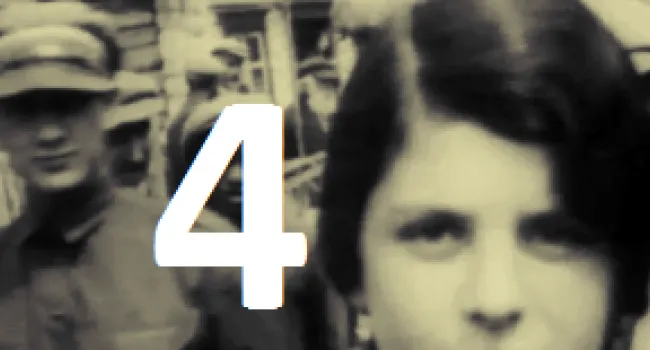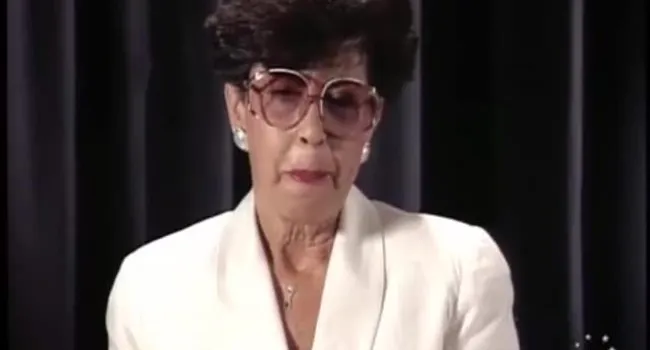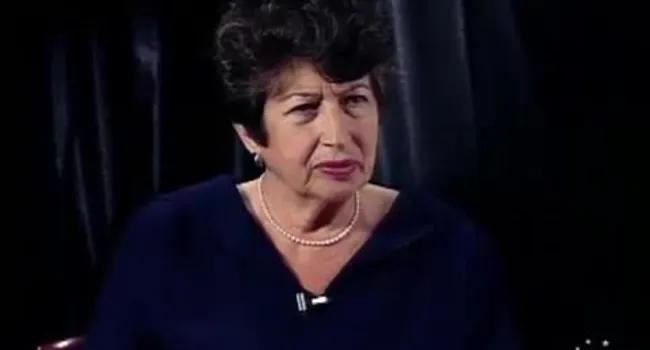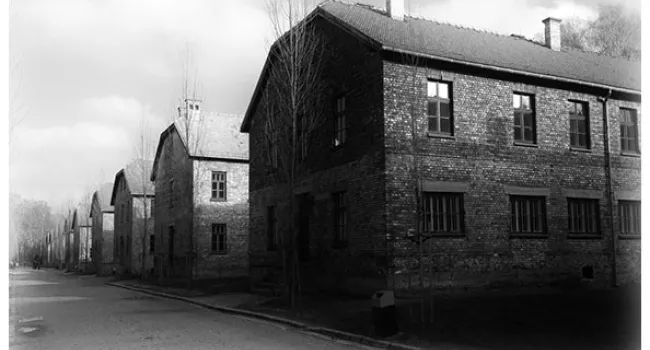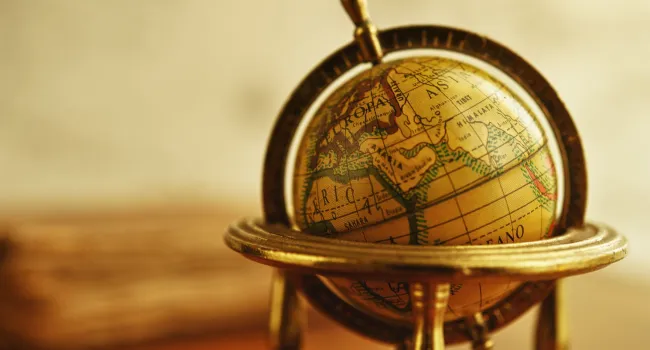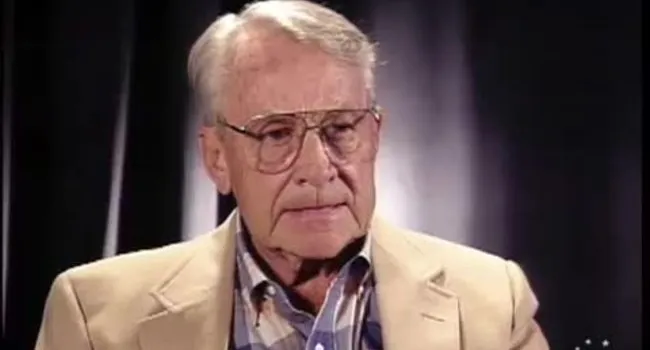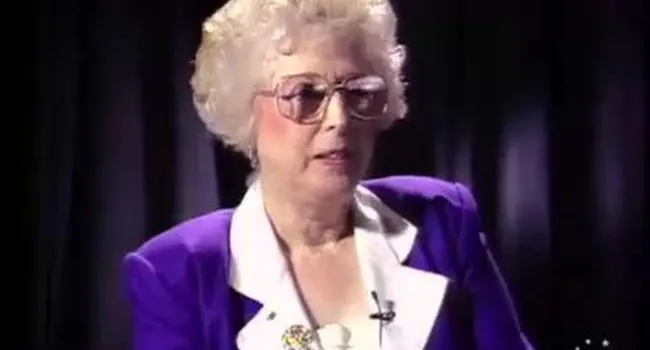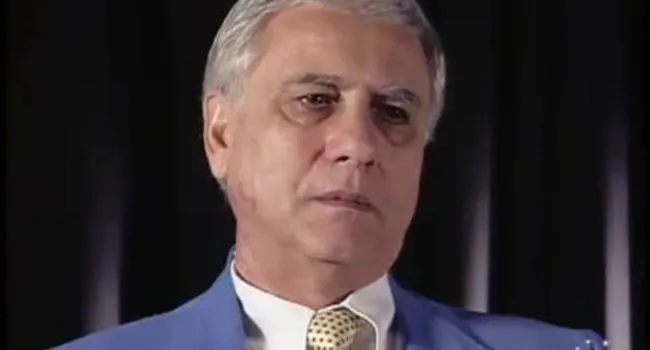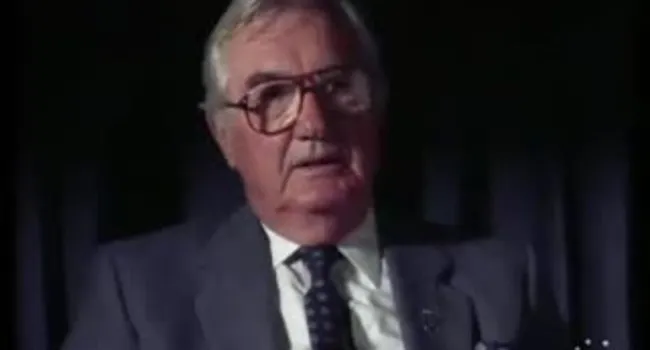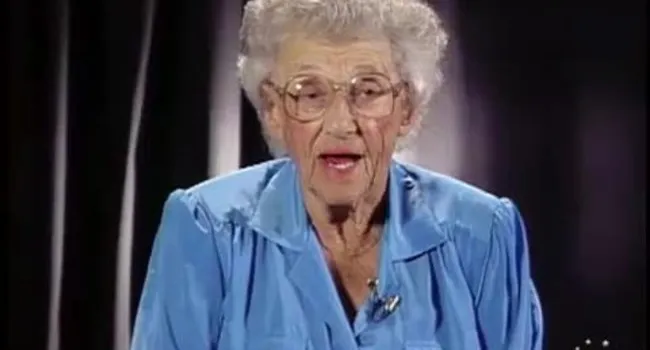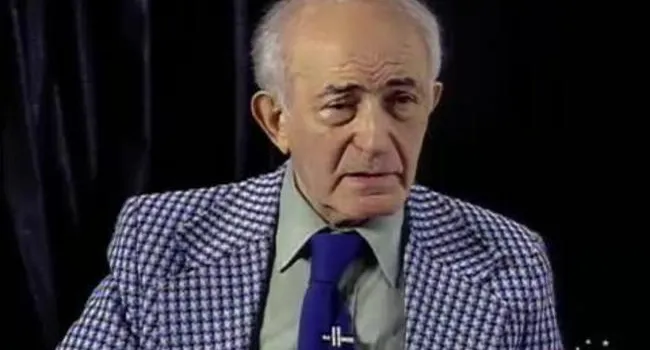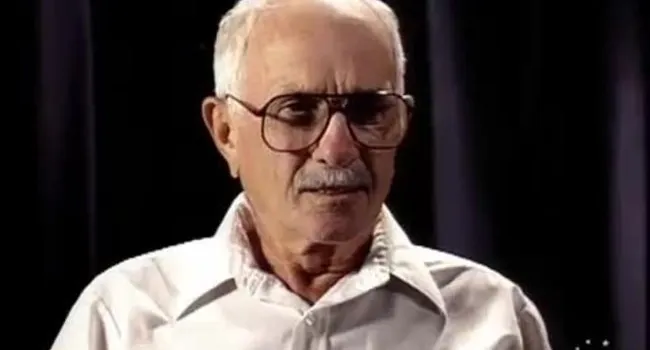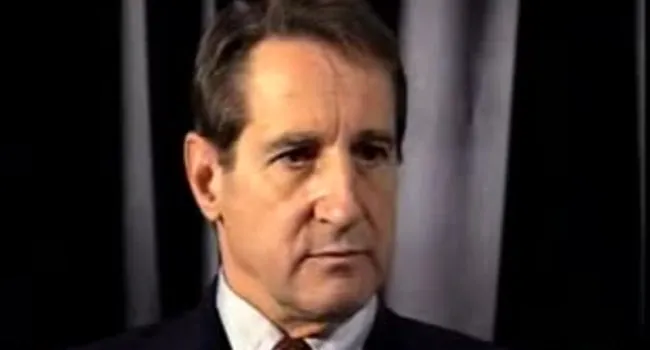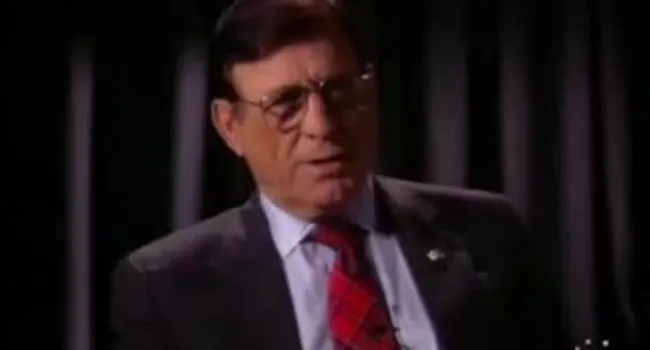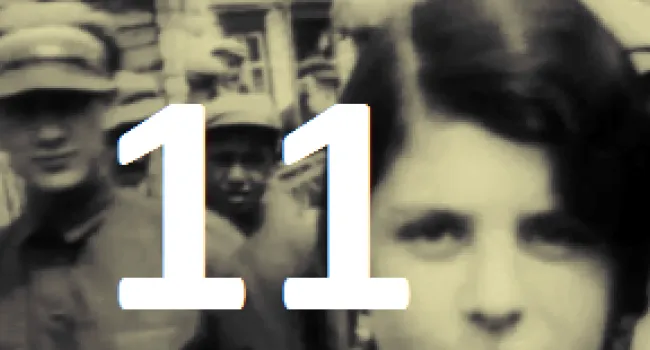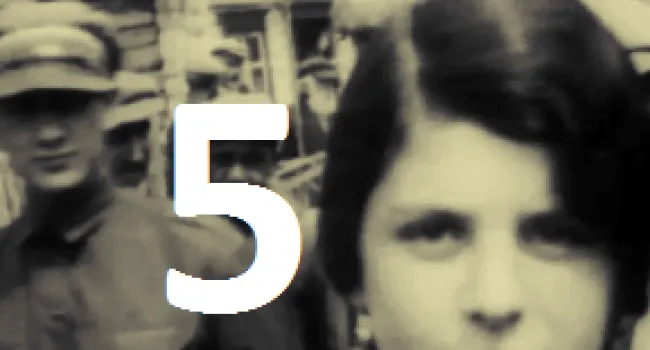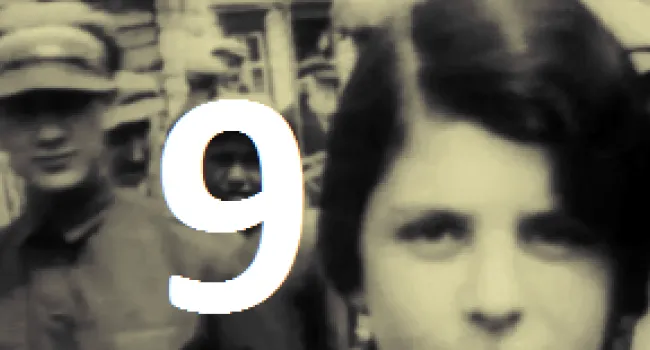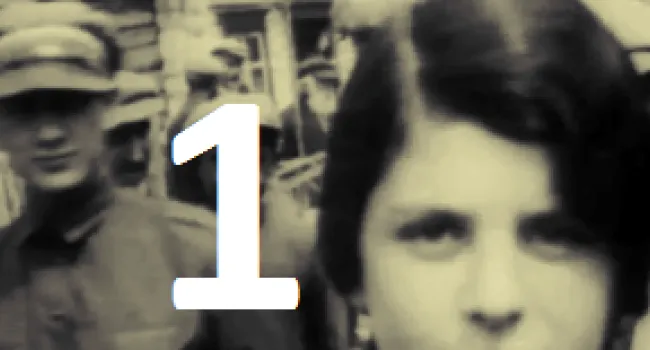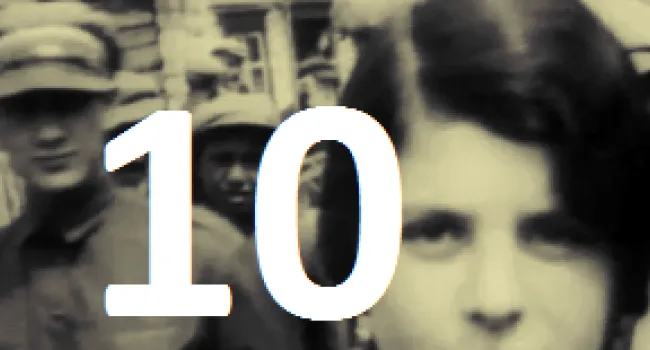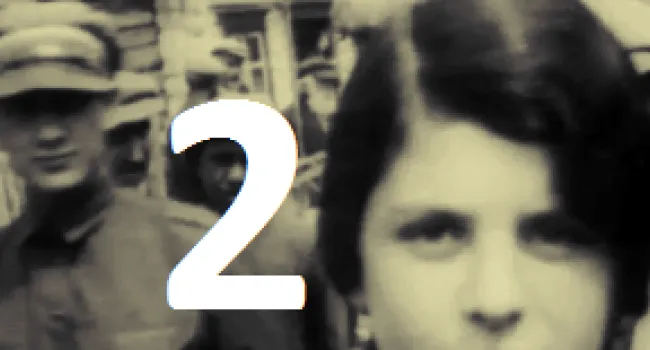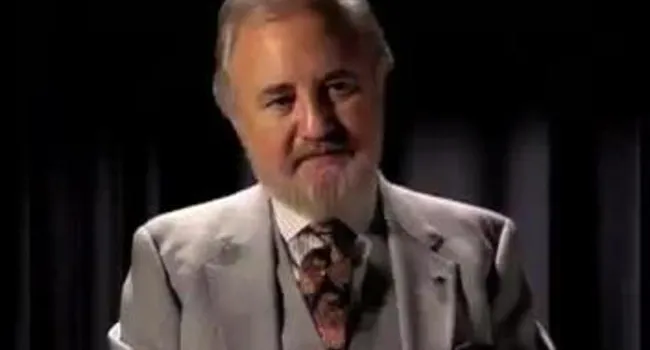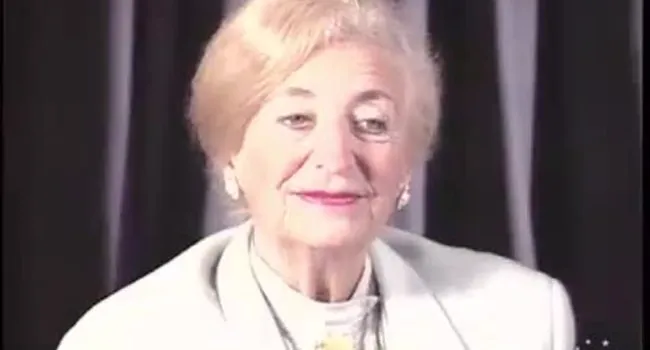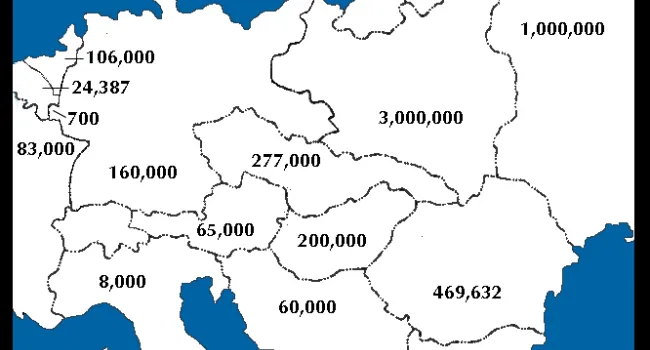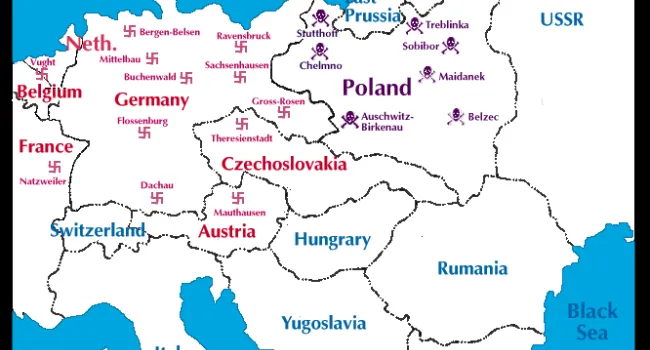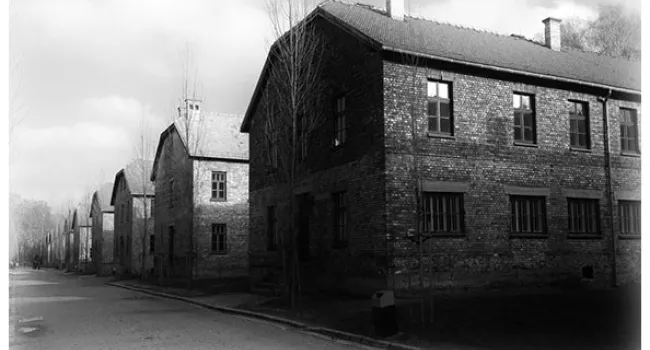Dientje Kalisky was born in Holland in 1938. Her grandfather and aunt were sent to a concentration camp and never returned. "When I was four we went into hiding. My parents didn't explain what was happening, and it was very confusing." The family moved from one hiding place to another, always fearing sirens and paddy wagons. They hid at a nun's house from 1943-45 in the attic. Dientje had only a blanket and pillow and a little doll. The family rarely left the attic. During this time a man there sexually assaulted her and hit her with the butt of a rifle. In addition, the nun beat her and didn't feed her always. "She [the nun] told me my parents had passed away. My doll was everything to me; she threw my doll away. After the war I had nightmares and flashbacks and never talked of the war." Later Dientje was hospitalized with a nervous breakdown. To this day she still suffers from claustrophobia brought on by being confined in the attic. "You'd never know how hungry I was. Many don't believe the Holocaust happened: the gassing, the murder. I was there and it was real."
Standards
- 5.3 Demonstrate an understanding of the economic, political, and social effects of World War II, the Holocaust, and their aftermath (i.e., 1930–1950) on the United States and South Carolina.
- 6.5.CE Explain the impact of nationalism on global conflicts and genocides in the 20th and 21st centuries.
- 7-4 The student will demonstrate an understanding of the causes and effects of world conflicts in the first half of the twentieth century.
- The influence of both world wars and the worldwide Great Depression are still evident. To understand the effects these events had on the modern world, the student will utilize the knowledge and skills set forth in the following indicators:
- 7-4.5 Summarize the causes and course of World War II, including drives for empire, appeasement and isolationism, the invasion of Poland, the Battle of Britain, the invasion of the Soviet Union, the "Final Solution," the Lend-Lease program, Pearl Harbo...
- 7-4.6 Analyze the Holocaust and its impact on European society and Jewish culture, including Nazi policies to eliminate the Jews and other minorities, the Nuremberg trials, the Universal Declaration of Human Rights, the rise of nationalism in Southwest...
- The influence of both world wars and the worldwide Great Depression are still evident. To understand the effects these events had on the modern world, the student will utilize the knowledge and skills set forth in the following indicators:
- 8.5.CO Compare South Carolina and U.S. wartime contributions and demobilization after World War II.
- This indicator is intended to encourage inquiry into the significant causes of World War I and the impacts of the Treaty of Versailles, including its failure to prevent future global conflicts.
- USHC-7 The student will demonstrate an understanding of the impact of World War II on the United States and the nation’s subsequent role in the world.

